US DOE Awards $300 Million in Clean Cities Grants to Support Alternative Fuels, Vehicles, and Infrastructure Development
Green Car Congress
AUGUST 26, 2009
These projects put more than 9,000 alternative fuel and energy-efficient light-, medium- and heavy-duty vehicles on the road, and establish 542 refueling locations across the country. Like the Recovery Act-funded projects, the annual Clean Cities projects include grants for vehicles, infrastructure, and education.




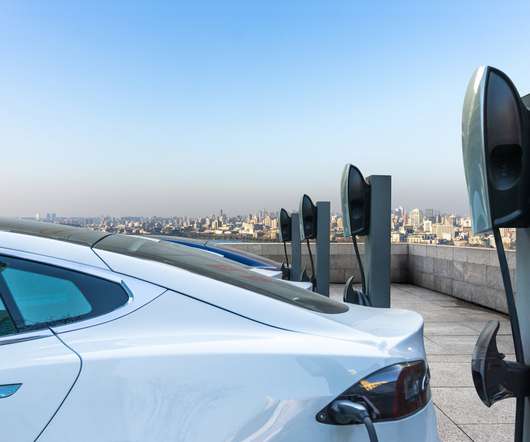
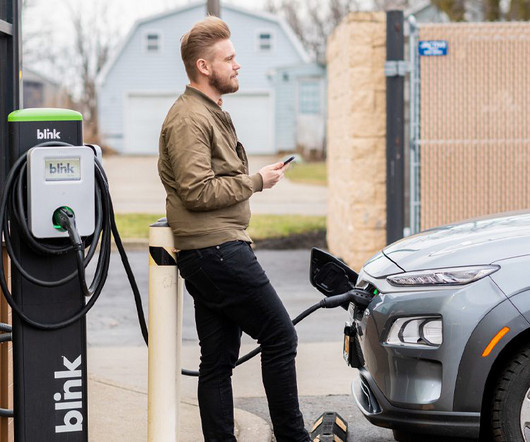

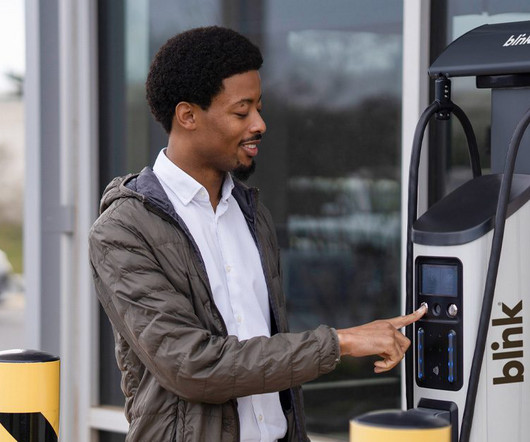

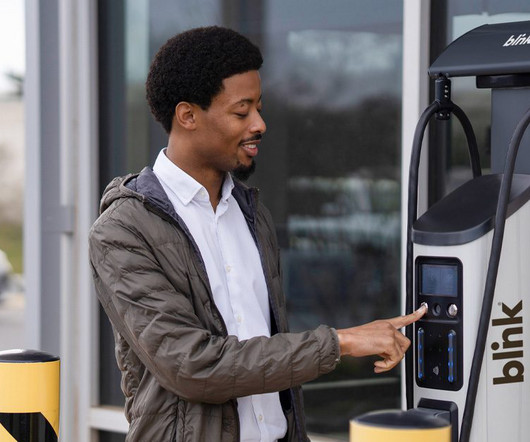



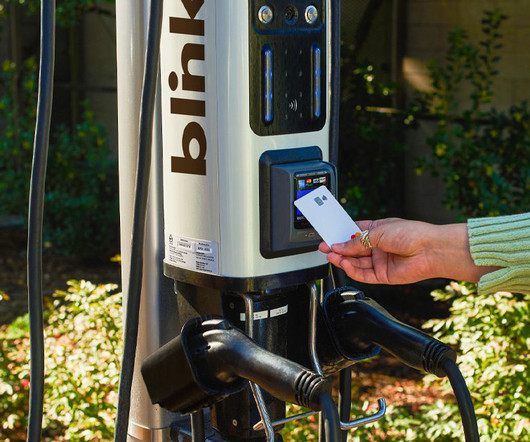

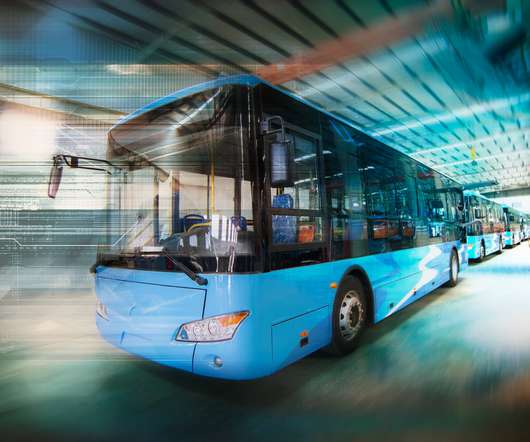
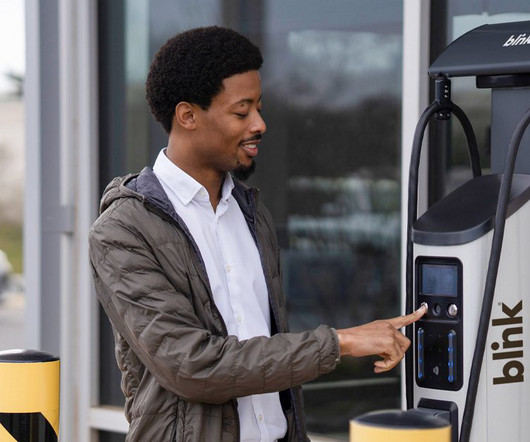
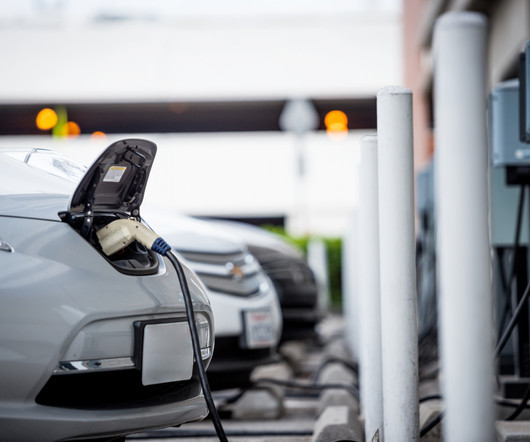

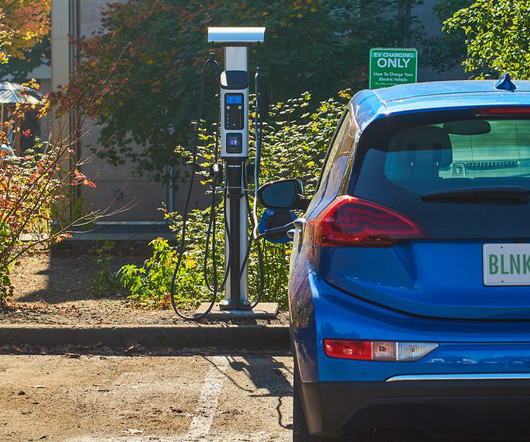

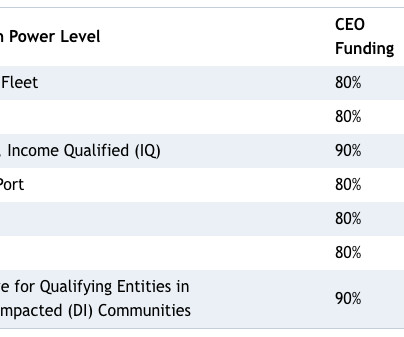



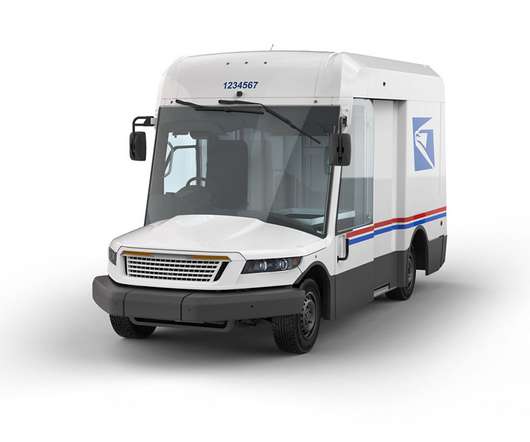
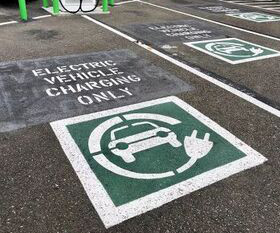








Let's personalize your content